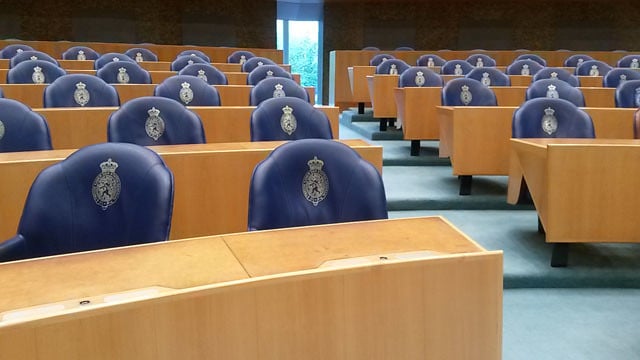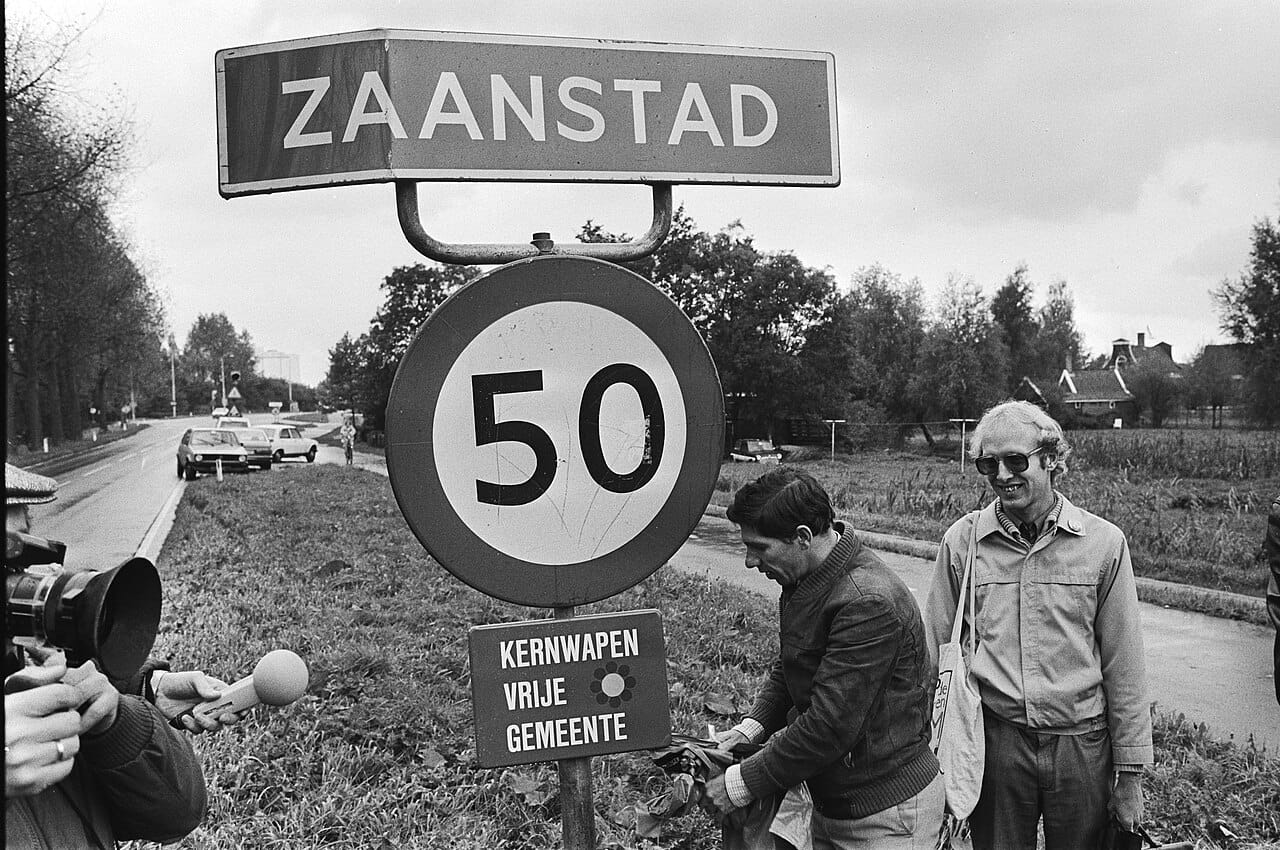On 16 May, PVV, VVD, NSC and BBB presented the long-awaited outline agreement "Hope, Guts and Pride". The unambitious and financially unstable agreement mainly seems to be a throwback to the past and a passing of responsibilities to Brussels. Actual investments in democratic citizenship are crucial to make the Netherlands ready for a hopeful future.
On the 'main lines', the agreement is mainly a hotchpotch of the four parties' election programmes. For instance, PVV leader Wilders coquettishly boasts of the 'Toughest Dutch asylum policy ever' - mainly a call to Brussels to accept our 'asylum crisis' and reduce the influx to the Netherlands with big words. Incidentally, labour migration is hardly considered - there will be Reduce burdens on entrepreneurs and improve the business environment. This will only increase the demand and attraction for labour migration. On agriculture, the language is not much different. The Netherlands is going 'all out' to adapt European directives and the BBB is 'proud' of the extremely expensive return of 'Fisheries' in the name of the Ministry of LNV.
NSC is no doubt pleased with the 'good governance and strong rule of law' chapter. Indeed, these proposals seem to add safeguards to Dutch governance to prevent another allowance scandal. Increased support for MPs is also to be welcomed. However, it is a mystery how these sweeping changes are feasible as part of a 22% cut in central government employees.
In the short term, we can quite easily solve some of our problems by placing them outside ourselves. Through shadowy agreements with dictators in North Africa, migrants are pushed into the desert, we just change the rules around nature protection and climate change as we please, and we maintain the dubious Dutch competitive position on taxes and the 'business climate'. For the next four years, we can go back to driving 130, spreading manure and building new housing estates.
But what is the vision? Indeed, this agreement offers little hope for the future. It would actually be bold if the Netherlands invested on a large scale in the asylum chain, sustainable agriculture and innovations within the energy transition.
But to realise these plans, trust in institutions is needed first. To regain this, the Netherlands needs a shift in how we think about our democracy. Here, too, we need to invest. Innovations in our governance and the introduction of forms of direct democracy such as citizens' councils and referendums are important to realise progress and increase citizens' trust in policy.
Mark Rutte once said; 'For vision you have to go to the ophthalmologist'. I prefer to look at politics anyway. The response of progressive parties should be one of an appealing, honest economic agenda as well as innovating the democratic system so that citizen participation increases strongly. Only then can we be bold again towards the future, instead of living in the past.




